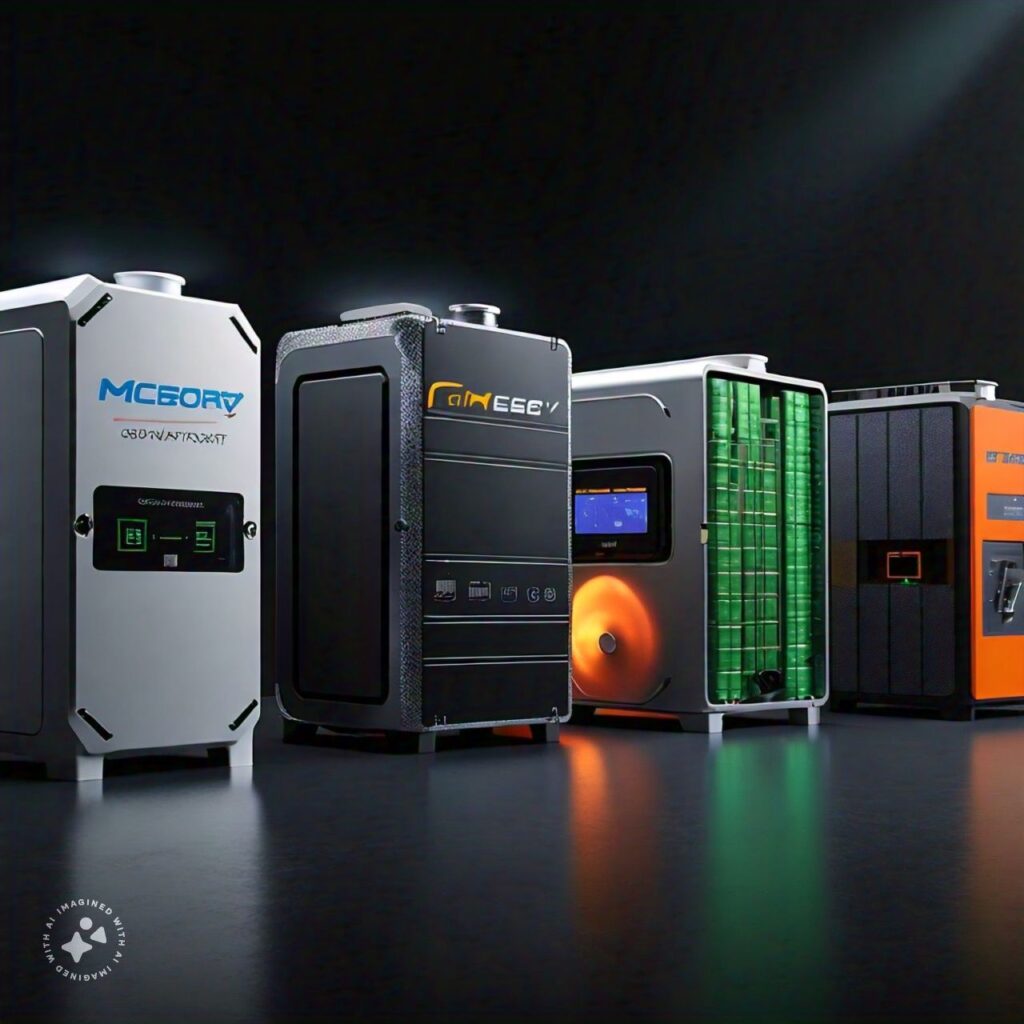In today’s world, energy demand is rising, and environmental concerns are crucial. Using solar panels for home energy storage is becoming a key solution. It helps homeowners use renewable energy and reduce their carbon footprint. This article will discuss the benefits of using solar panels for energy storage, explaining how they work and their financial and environmental advantages.
Why Home Energy Storage is Important

Home energy storage allows you to save energy generated by solar panels. You can use this stored energy when solar panels aren’t producing power, like at night or during cloudy days. This reduces dependence on the grid and can be great during power outages. Energy storage also helps balance the grid by lowering demand during peak times. This benefits homeowners and the community by creating a more stable energy system. Additionally, using stored energy during expensive peak hours can save money, especially in places with time-based pricing for electricity.
Understanding Solar Panels
Solar panels, or photovoltaic (PV) panels, turn sunlight into electricity. They have many solar cells that capture sunlight and create an electric current. This current is changed into usable power for your home. Various factors such as the type of panel, installation angle, and amount of sunlight affect the efficiency of solar panels. Technology improvements are making these panels more efficient and affordable. Typically installed on rooftops, they can also be set up on the ground or integrated into buildings, making them versatile for different uses.
Benefits of Solar Energy
Solar energy is renewable, unlike finite fossil fuels that harm the environment. Using solar energy helps reduce your carbon footprint and combat climate change. Initial costs for solar panels can be high, but they lead to significant savings on energy bills over time. Homeowners can recover their investment through lower energy costs and incentives. Solar energy also promotes energy independence, making you less dependent on the grid and less affected by power outages and price changes. This brings stability and peace of mind.
How Home Energy Storage Works
Home energy storage systems, like batteries, save extra power generated by solar panels. Common battery types include lithium-ion and lead-acid. Stored energy is used when solar panels aren’t producing enough power. Smart energy management systems oversee energy production and consumption, optimizing storage use for efficiency and cost-effectiveness.
Choosing the Right Solar Panels
When selecting solar panels, consider efficiency, as higher efficiency means more electricity from the same sunlight. Monocrystalline panels are often more efficient but costlier than polycrystalline ones. The system size depends on your energy use, sunlight, and available installation space. A professional assessment is vital to determine the optimal size. Look for durable panels with strong warranties.
Installation Process for Solar Panels
The installation involves several steps, starting with an assessment of your home’s suitability, including roof orientation and shading. Permits and approvals are necessary, which your provider usually handles. Once obtained, the panels are mounted and connected to an inverter, converting DC power to AC power for home use.
Maintenance of Solar Panels
Solar panels need minimal maintenance but must be kept clean for best performance. Regular inspections for damage and clearing debris are essential. Rain usually cleans the panels, but in some areas, manual cleaning or professional services may be needed. Monitoring software can help track energy production and identify issues.
Financial Incentives for Solar Energy
Several financial incentives can reduce the cost of installing solar panels. These include federal tax credits, state rebates, and local incentives. The federal solar tax credit offers significant savings by deducting a percentage of installation costs from your federal taxes. State and local incentives vary, so research is necessary. Your provider can help identify and apply for these incentives.
Environmental Impact of Solar Energy
Solar energy is clean and sustainable. It reduces reliance on fossil fuels, cutting air pollution and greenhouse gas emissions. Solar panels also save water compared to traditional power plants, which need large amounts of water for cooling. Investing in solar energy contributes to a healthier planet, benefiting your community and the world.
Community Benefits of Solar Energy
Solar energy reduces local power grid demand, preventing blackouts and stabilizing energy prices. It creates jobs in manufacturing, installation, and maintenance, supporting economic growth. Promoting energy independence, solar energy helps communities rely less on imported fossil fuels, enhancing security and stability.
Future of Solar Energy and Home Storage
Technological advances are making solar panels and batteries more efficient and affordable. Upcoming innovations like bifacial panels and perovskite solar cells promise even greater benefits. Governments are increasing investments in renewable energy, driving growth in solar energy adoption. This leads to a more sustainable and resilient energy system, giving homeowners more control over energy use and environmental impact.
Conclusion
Home energy storage with solar panels offers cost savings, energy independence, and environmental benefits. Understanding how they work and choosing the right system helps make informed decisions. Taking advantage of financial incentives can make installation more affordable. Now is the perfect time to invest in solar energy, improving your home’s efficiency and contributing to a greener future. For expert advice, consider consulting with professionals to find the best solar energy system for your home and create a sustainable future.
